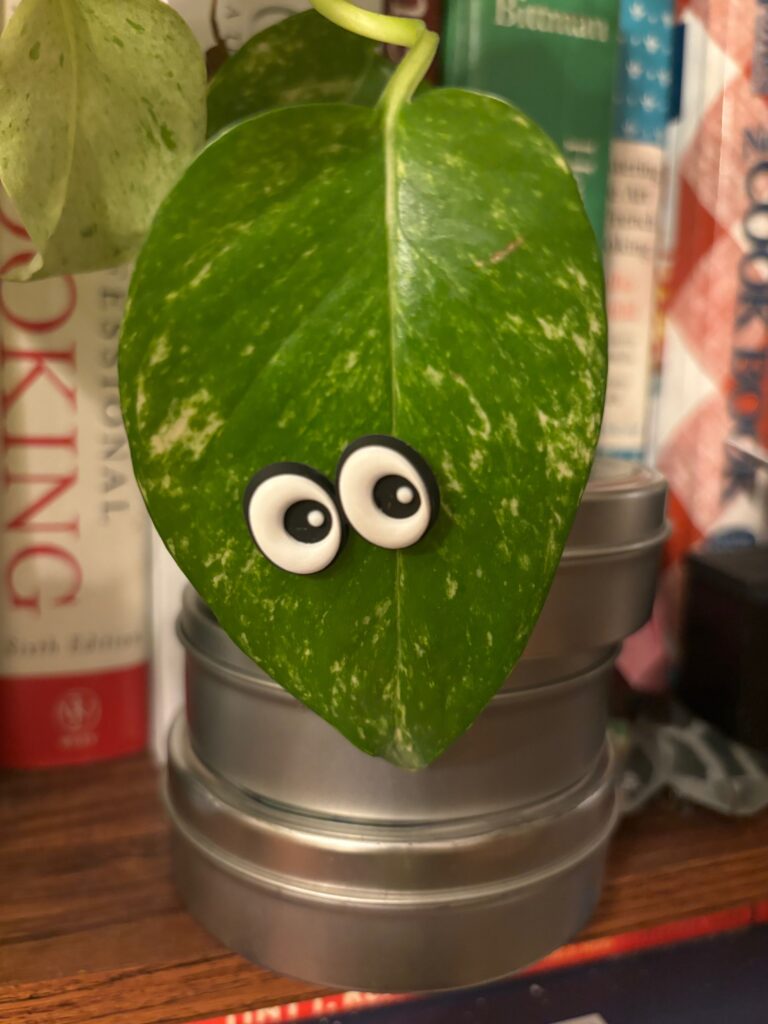
“Why did you do this?” Reading the email from my coworker with those words about a mistake I had made, I was taken aback. I stared at the screen in shame and confusion. I replied out loud to myself, “I don’t know! It was a mistake, not on purpose.”
I don’t remember how I replied to her, but that feeling stuck with me. That voice in the back of my head arose just before I would send her an email.
In some ways, that accusatory tone was effective at getting me to avoid making mistakes. I was much more likely to double-check my emails before sending them to her. But it made every exchange with her tinged with stress, knowing she felt that way about me.
Over time, I realized that when we have that passive aggressive “Why did you do *that*?” attitude towards our kids, we end up with the same response from them.
By assuming our kids meant to do the frustrating / destructive / “naughty” thing that they did, we actually make two other assumptions – 1) that they purposely chose to do it and 2) they had a bad reason for doing it. We often make a third assumption too – that they did it *at* or *to* us. When we break it down like that, the logical fallacies become a lot more obvious. It also makes it much easier to problem solve instead of just blame and shame.
For the first one, it could be that they made a complete mistake (dropping a glass) or did the action mindlessly without really thinking about it (walking into someone, yelling at a sibling). Making unforced mistakes is especially likely for younger kids, kids who don’t have a good sense of the space around them, or kids with challenges with emotional regulation. They might say something like “I didn’t mean to!” or “I just…” and trail off because there wasn’t a conscious thought process behind the actions. They can’t explain why they did the thing because they don’t know why either! Instead of trying to assign a motive, you can problem solve how to avoid the problem in the future. In the case of the mistake at work, I started double-checking which files I attached to my emails. Similarly, I have lost so many possessions that I put down “somewhere” and never saw again. (RIP the lunch bags I Iost on the Metro.) So now I physically attach them to me via cross-body purses with carabiners. If it’s a challenge with emotional control, you can practice emotional regulation skills with kids in less intense situations so they can access them when they need to.
For the second and third assumption, sometimes our kids do have reasons for doing things – but they aren’t the reasons we assume.
When it’s something annoying, often they’re doing it because it’s fun. I’ve never found shrieking fun – even as a kid – but apparently a lot of kids deeply enjoy it. Kids who are sensory-seeking may jump on furniture, bounce off walls, and wrestle a lot.
There’s also “kid logic.” Sometimes an action makes perfect sense to a kid who lacks important context or information. As a kid, I tried mixing Cool Whip and orange juice hoping it would create an orangecicle. I didn’t know hat it would curdle. Over on the advice website, Ask a Manager, there’s an adorable story of a kid assuming that her mom’s boss was a dog. (It’s the last story, labeled The Dean.) And sometimes the reason makes perfect sense, but you just didn’t think of it – often because we’re the ones lacking context. There have been a number of times where I’ve started to get angry with my older son but stopped before I said something. Once he explained to me his thought process, it made perfect sense.
This isn’t to say that kids never do things purposely to annoy you. As the mom of kids who do things to annoy me either because getting a rise out of an adult is exciting or evens out a power imbalance, it definitely happens. But that’s not the motivation behind most of our kids’ behavior. If we can eliminate the other possibilities before jumping to conclusions, we can have a better relationship with them.
After all, if we hate it as adults when people assume we did something wrong on purpose, why wouldn’t kids?